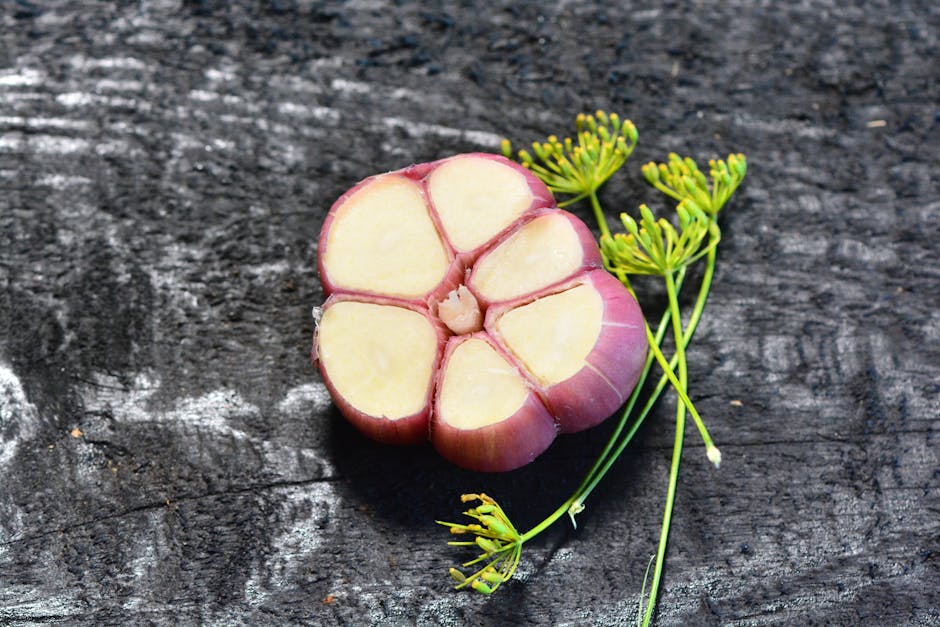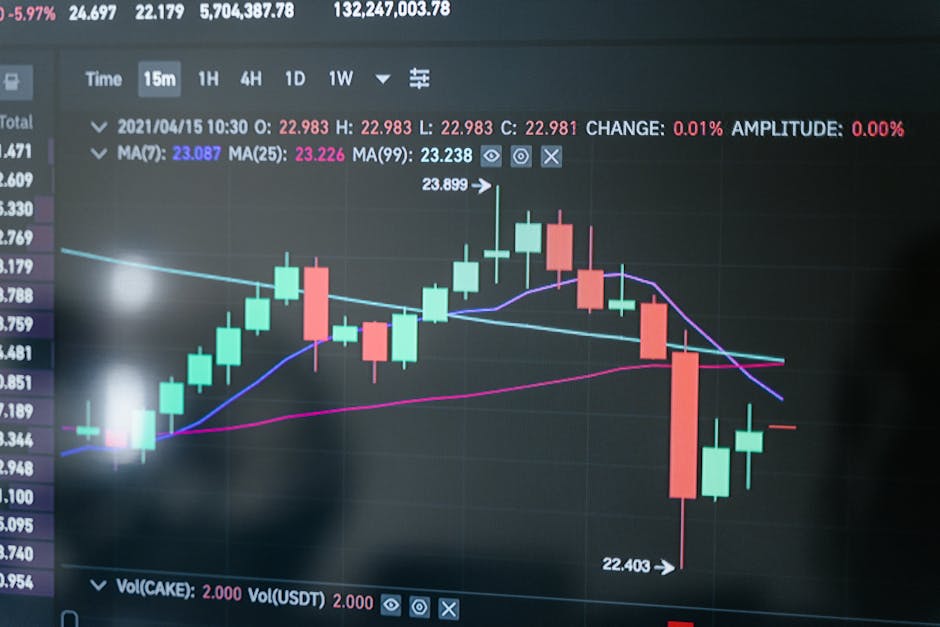For centuries, olive trees have symbolized resilience, peace, and sustenance in Palestine. Each autumn, families across the West Bank and Gaza gather for the annual harvest—a tradition woven into their culture, history, and survival. More than an agricultural event, it’s a celebration of community, a lifeline for farmers, and a testament to Palestinian perseverance amid political struggles.
The Olive Harvest: A Centuries-Old Tradition
The harvest begins in October and lasts through November when olives reach peak ripeness. Families—young and old—work in groves passed down for generations, some trees dating back hundreds of years.
At dawn, farmers spread tarps under the trees to catch falling olives. Some gently tap branches with sticks, while others climb to handpick fruit. The air fills with the sound of olives raining down, mingled with laughter, songs, and shared stories.
Olive Trees: Symbols of Identity & Resistance
Olives are economic and cultural pillars, with over 10 million trees in the West Bank contributing 25% of agricultural income. Families rely on them for oil, pickles, and soap—staples of Palestinian life.
Yet, farmers face immense challenges: land confiscations, settlement expansions, and restricted access to their groves. Despite threats and violence, tending trees remains an act of resistance.
Women & Youth: Guardians of Heritage
Women lead the harvest—picking, sorting, and pressing olives. Cooperatives like the Palestine Fair Trade Association empower female farmers by linking them to global markets. Meanwhile, youth learn the craft, ensuring traditions endure.
From Grove to Table: The Art of Olive Oil
After harvest, olives are cold-pressed into rich, peppery oil—a process unchanged for centuries. Families store it in tins for cooking, dipping bread, and remedies. Festive dishes like musakhan (sumac-spiced chicken) and maftoul (couscous) showcase this liquid gold.
Global Solidarity: Standing with Palestinian Farmers
International activists join the harvest to document abuses and protect farmers. Campaigns like the Olive Harvest Campaign amplify their struggles, while social media shares stunning visuals of terraced groves and resilient families.
Conclusion: A Legacy of Resilience
Palestine’s olive harvest is more than a crop—it’s a story of resistance and continuity. Supporting fair-trade Palestinian olive oil is an act of solidarity, honoring a land and people rooted in perseverance.
As autumn winds sweep through Palestine’s hills, the ancient trees stand witness to an unbroken connection to the earth.
— NextMinuteNews




